Scan any list of the top 10 best food movies online, and you are almost guaranteed to find “Babette’s Feast,” the 1987 Danish film that won the Academy Award for Best Foreign Language Film.
Based on a short story by Danish author Isak Dinesen (aka Karen Blixen), the film “Babette’s Feast” helped spawn a modern food movie genre. In these films (others include “Big Night” and “Eat Drink Man Woman”) food is always sumptuous and sensual.
Watching “Babette’s Feast” was a rite of passage for young chefs like James Harris Turner IV of Portland, who first saw the film in the mid-1990s and admits he had “a serious crush” on Babette. Turner has seen the film five times now, and always marvels at its message that food can unite people.
“It is a very profound movie,” he said. “It was, in the end, about bringing everybody together.”
Now “Babette’s Feast” is coming to the American stage. A new adaptation, written by New York City playwright Rose Courtney, will have its world premiere Jan. 23 at the Portland Stage Company on Forest Avenue.
“If the audience walks away thinking ‘Babette’s Feast’ is about food, we’ve failed,” said Abigail Killeen, who developed the project. “And this is pretty evident in our adaptation. What she cooks is referred to throughout the play as only a dinner. But the title of the play is ‘Babette’s Feast.’ The feast is broader. It transforms the community. This play is about the way relationships are transformed through this beautiful act of sharing a meal. It’s the heart and the spirit behind it, as well as the food itself.”
As if to drive home the point that the food is a vehicle for conveying larger themes, no actual food will be on the stage. The food will be described as it is served, and the actors will respond to it, leaving the rest up to the audience’s imagination.
“And we have other things,” Killeen said. Not wanting to give anything away, she added, “You’ll have to come to the play.”
“Babette’s Feast” is the story of Babette Hersant, a refugee from 19th-century Paris who shows up on the doorstep of two spinster sisters, Martine (played by Killeen) and Phillipa. The sisters are part of a strict religious community whose daily repasts are very plain. They take Babette on as their cook, and the story culminates when she spends all her money to make a single, magnificent meal for the sisters and other community members. The lavish dinner opens them up to new ways of thinking about scarcity and judgment, abundance and grace.

Sturgis Warner, left, kisses the hand of Sorab Wadia as Steven Skybell, center, and Jo Mei look on during a rehearsal of “Babette’s Feast” at Portland Stage Company.
THE OUTSIDER
Just as it takes hours, if not days, in the kitchen to pull off a stunning meal, it took Killeen 11 years to bring “Babette’s Feast” to the stage. The project is coming to fruition just as the country is hotly debating the pros and cons of immigration, as if the story is “bubbling up on the wave of consciousness,” Killeen said.
Killeen is an Affiliate Artist at Portland Stage and a member of the theater faculty at Bowdoin College. She had been a fan of the film, but when she read the short story and learned it was originally written in English and first published in America, she knew she wanted to bring it to the stage. The story resonated with her, she said, because it focuses on “this group of people who thinks they’ve figured out the cosmic have a cosmic experience that is beyond anything that they could imagine.”
“That gift of grace comes through the outsider, through the refugee, to the community,” she said. “That’s what attracted me to this story. The community is tasting food that they don’t have names for. The story talks about how they have lived on bread and ale soup and split cod their whole lives, and suddenly they’re presented with textures and flavors and taste and have an experience that they don’t even have a name for. And it’s all done through the sacrifice of a political refugee that’s come into their midst and that they’ve granted asylum to.”
Once Killeen got the rights to the story, she reached out to Courtney, who worked on the script for a couple of years while Killeen acted as editor. In 2010 came a well-received workshop production in New York, where many theater artists showed interest in the project, Killeen said.
By 2013, Karin Coonrod, a director with a long track record of bringing literature to the stage (notably Flannery O’Connor’s short stories), had come on board. Coonrod, who teaches at the Yale School of Drama, had seen the film once, “and I just thought it was beautiful.” She had never read the short story before, and was surprised to learn that it was set in Norway, not Denmark.
“My first response was we’ve got to go there,” she said. “We have to go and see where this thing takes place and what the writer was thinking about.”
So Coonrod, Killeen and Courtney set off in July 2013 to visit all the places that are important in the story. They started in Paris, where the character of Babette was a chef before fleeing the city during the Communard uprising of 1871. The three women visited the site where the Communards, including the fictional Babette’s husband and son, were shot and where they would have been buried.
Next they went to Denmark to visit the home and grave of Isak Dinesen. “That was just kind of a holy trek for us,” Coonrod said. “It was very, very special.”
From there, Coonrod and Killeen (Courtney had to return home) traveled on to Berlevaag, Norway, the tiny fishing village where Dinesen set “Babette’s Feast,” traveling for days up the Norwegian coastline in a boat to get there. Learning more about Berlevaag opened up whole other layers for Coonrod. She discovered that Berlevaag is the most northern point in Norway, in fact the northernmost point on the continent of Europe.
“That in itself becomes a really interesting point, that the writer places the story not in lovely, safe Denmark but in the wildest outpost in the Arctic circle,” Coonrod said. “That’s where the feast happens. And that’s what excited me.”
For Killeen, experiencing the severity of the Norwegian landscape and its contrast to Paris “opened my heart to the very real struggle of refugees, to go somewhere completely foreign because you have no other choice.”

Abigail Killeen on the boat approaching Berlevaag, Norway, around midnight in July 2013. “Babette’s Feast” is set in the town of Berlevaag.
OUT OF DARKNESS
In the story, the feast occurs in December, the darkest part of the year. What could be more surprising or shocking – even miraculous – to the residents of Berlevaag than to experience an extravagant Parisian dinner at this time of year? And what better metaphor for their transformation than the coming light in the land of the midnight sun?
“I remember reading in the biography that Isak Dinesen took this same boat journey to northern Norway,” Killeen said, “and I wondered if that’s where the idea for the story was born? And I think there’s something really beautiful about premiering this work in this northern city of the United States, Portland, Maine, that’s also a coastal town. The light of Norway is very similar to the light of northern Maine.”
Killeen says the set of the play will resemble the landscape they experienced in Norway – simple and stark, but beautiful. Set and lighting designer Christopher Akerlind is a two-time Tony award winner who happens to live in Portland, Killeen said, “and we feel so thankful he is working with us.” On the first day of rehearsal, the cast went to Akerlind’s home to get to know each other over dinner. Coonrod brought one of the dishes made by Babette in the story – blinis demidoff with Norwegian caviar – and the group offered a Norwegian toast.
Last week, in a rehearsal hall at Portland Stage Co., seven actors sat around a long wooden dining room table set with dishes, glasses and flatware, rehearsing the “redemption scene.” Killeen and Juliana Francis Kirby, portraying the sisters, Martine and Phillipa, sat at either end of the table in long, black, layered skirts. Behind them, against the wall, Michelle Hurst, the actress playing Babette, wore a wrinkled white apron and sat on a stool underneath a wall plastered with photos from Coonrod’s trip to Norway as she waited for her next scene. Hurst, a New York actress, has appeared in the movies “Sherrybaby” and “Frances Ha” and on TV in “The Good Wife,” “Blue Bloods,” “Law & Order,” and “Sex and the City.”
In a deep, strong voice, Jeorge Bennett Watson, who plays General Loewenhielm, stood to give the story’s famous speech about grace. Watson, a tall African-American man with a gray beard, wore polished knee-high black boots and a burnt orange scarf wrapped snugly around his neck.
The cast, Coonrod pointed out, is not a group of white Norwegians sitting around a table together, but “a company of the world,” with actors from different ethnic backgrounds playing members of the religious community Babette feeds. Both she and Killeen were committed to finding an African-American woman to play Babette, as a reflection of refugees in crisis today. They found her in Hurst.
It has not been lost on either Killeen or Coonrod that the play is premiering at a time when the United States is once again debating immigration and the value that people from other cultures bring. “It’s an honor and a privilege to be bringing this story to life now,” Killeen said. “It feels very meaningful.”
They hope to take the production to New York City after it closes in Portland.
“I’m hoping that (the play) sows healing where there’s divide,” Killeen said. “I’m not naïve thinking that a play can solve problems, but I think the theater is uniquely qualified to present perspectives and points of view and beauty that we may not consider or have access to in our daily lives.”
Copy the Story LinkSend questions/comments to the editors.


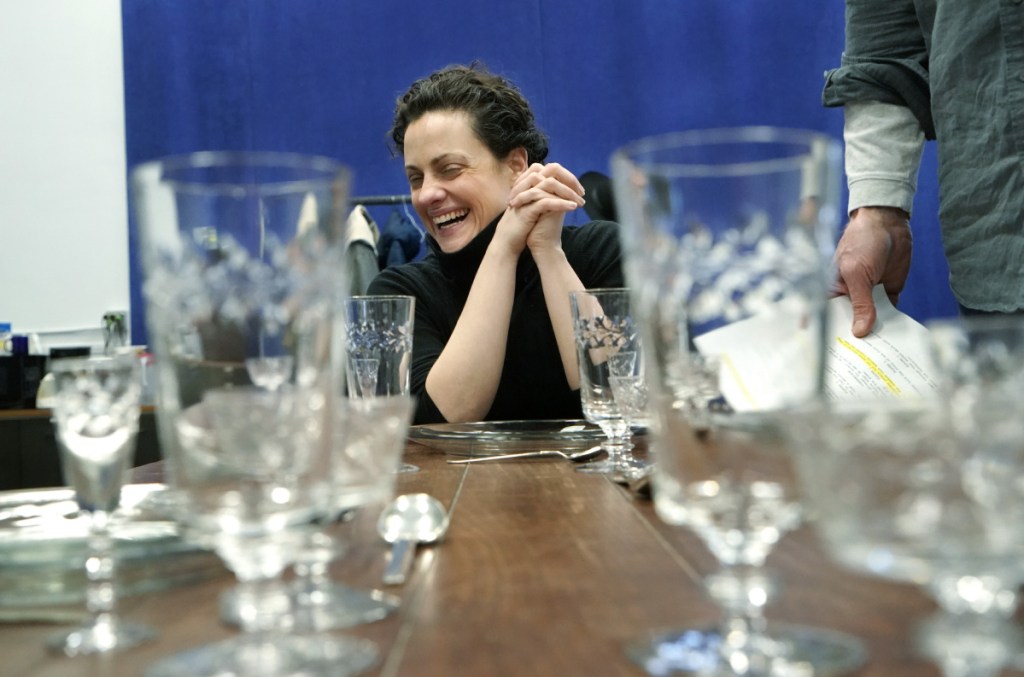
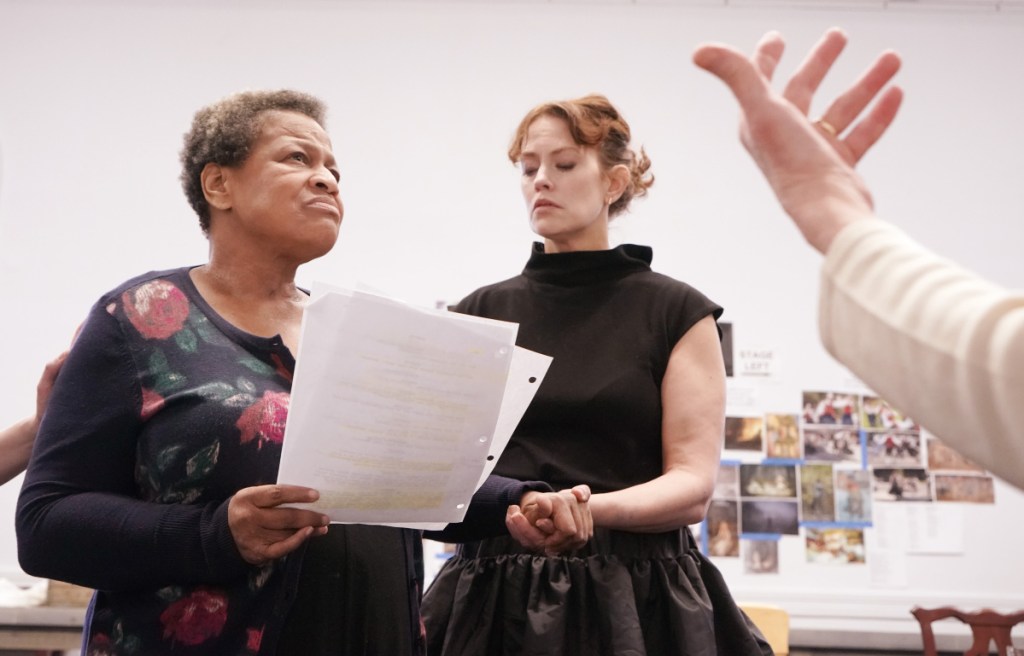
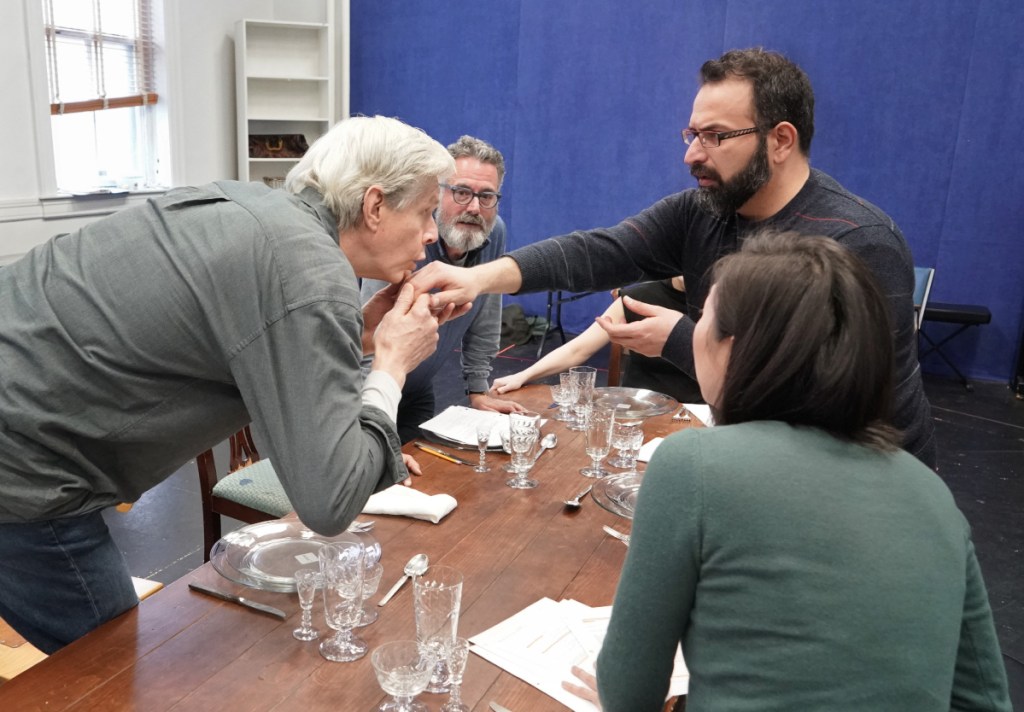
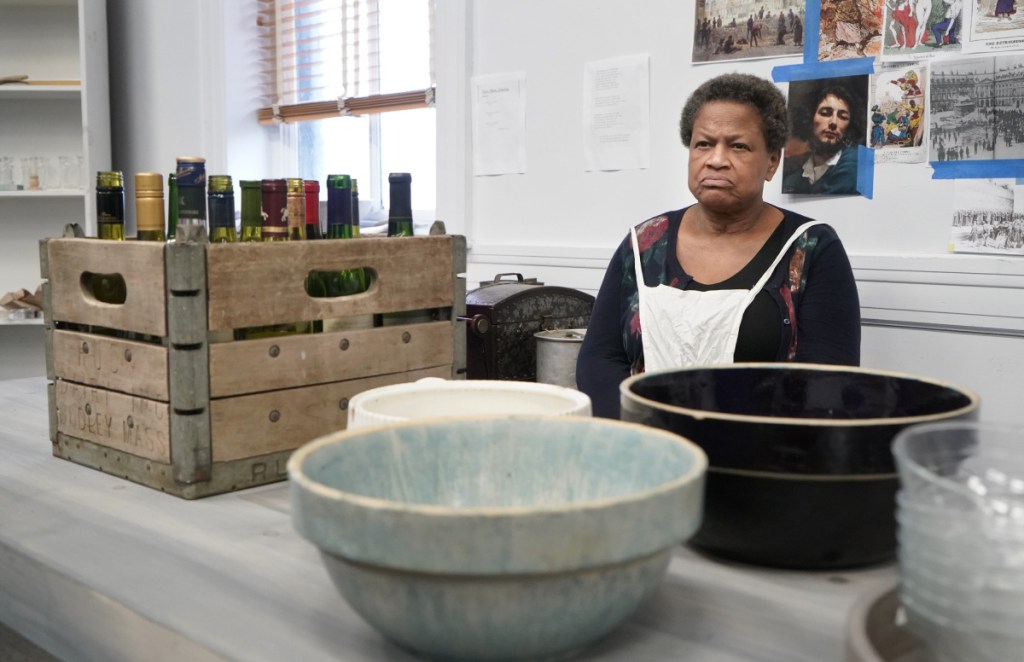
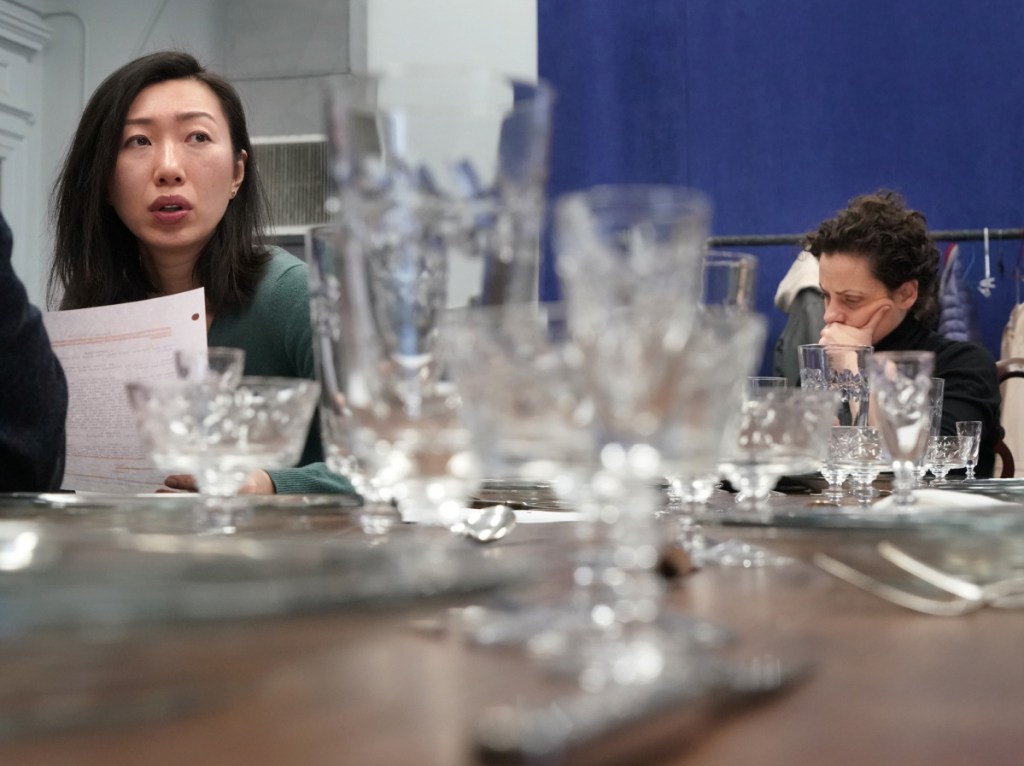
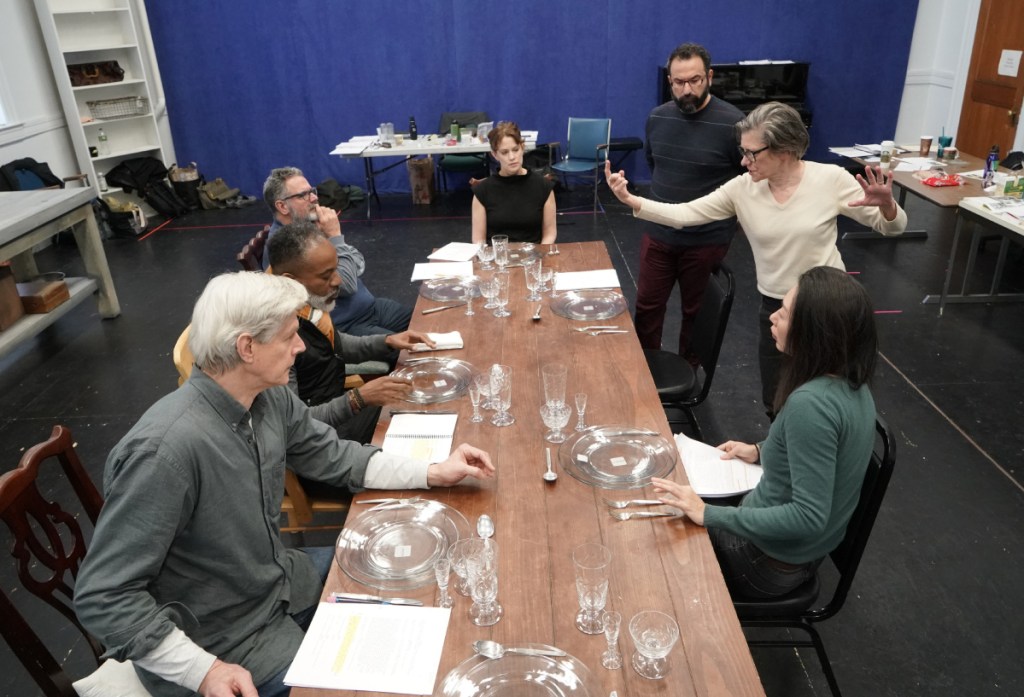
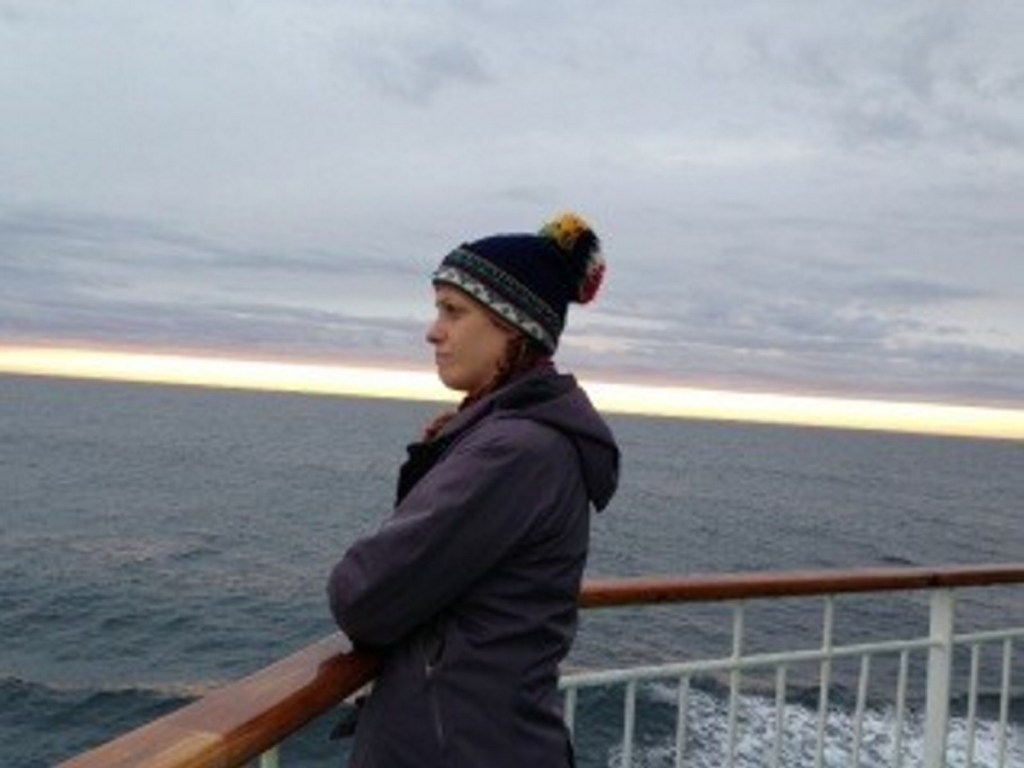


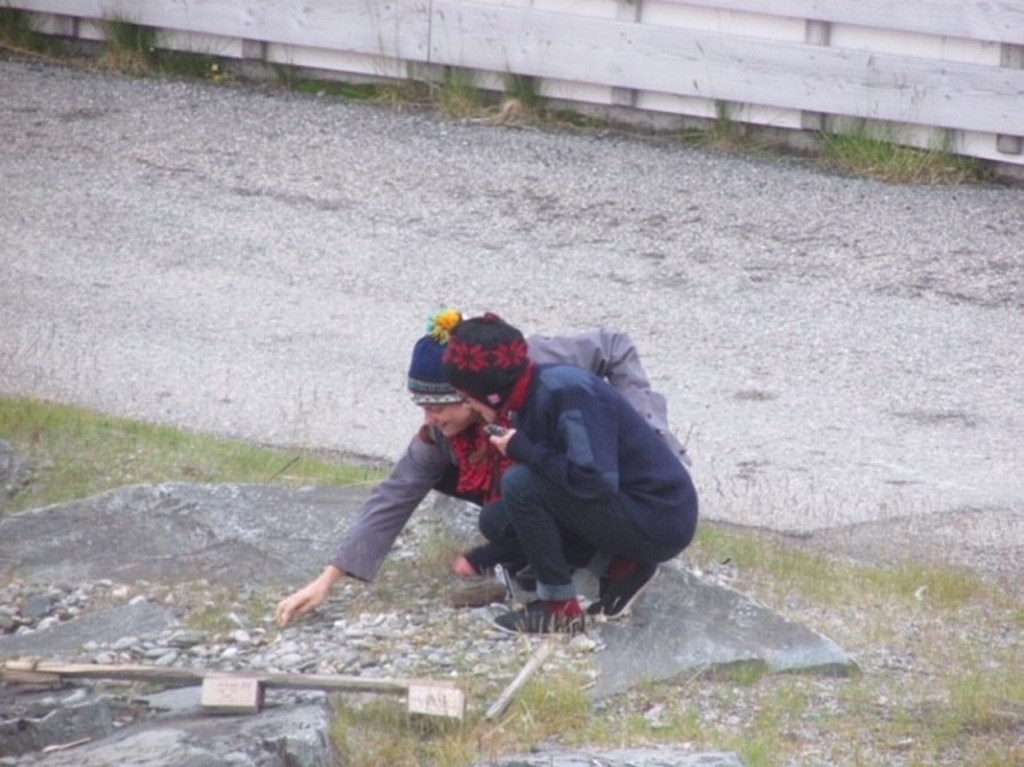

Success. Please wait for the page to reload. If the page does not reload within 5 seconds, please refresh the page.
Enter your email and password to access comments.
Hi, to comment on stories you must . This profile is in addition to your subscription and website login.
Already have a commenting profile? .
Invalid username/password.
Please check your email to confirm and complete your registration.
Only subscribers are eligible to post comments. Please subscribe or login first for digital access. Here’s why.
Use the form below to reset your password. When you've submitted your account email, we will send an email with a reset code.